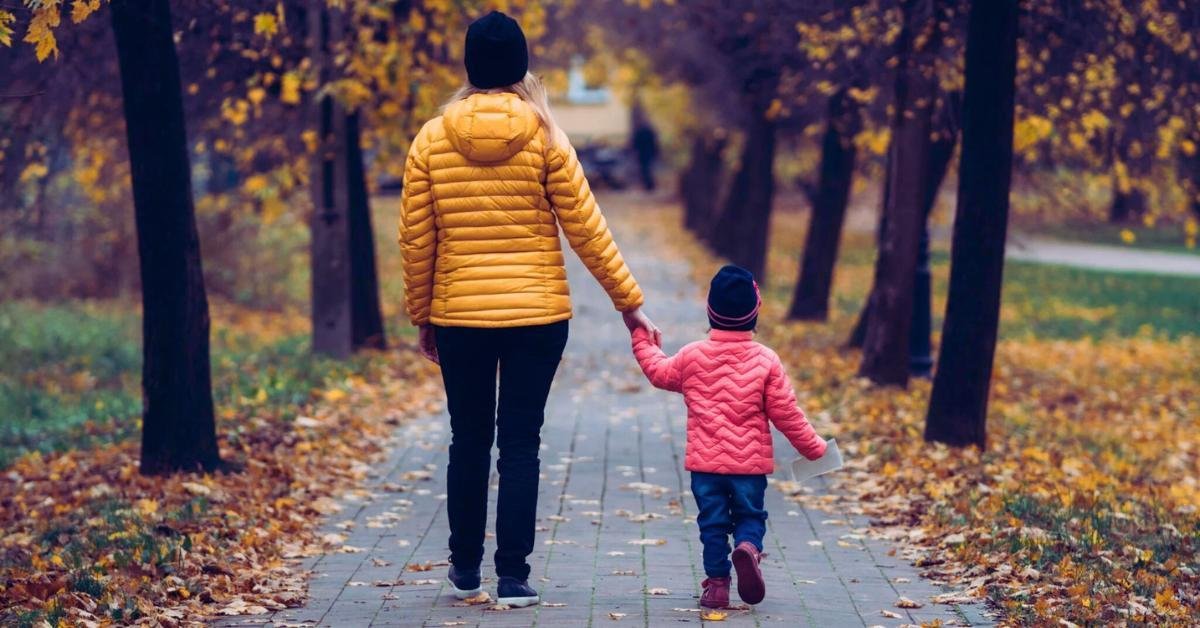Crucial Safety Questions For Kids

Prioritizing children’s safety is essential and asking intelligent questions helps them develop their awareness and communication skills. According to UNICEF’s Protecting Children Online study, about 80% of children in 25 countries feel at risk of sexual abuse or exploitation online. We shall discuss online or internet safety here since, with the development of artificial intelligence and new scamming techniques, not only children, but also adults, are susceptible to financial fraud or harassment online. Although internet safety is not limited to children but they should be trained as they are more susceptible to risks and dangers. Parents should teach them basic safety questions so they should know what to do in an unsafe circumstances.
Do you know children ages 8-12 in the United States spend 4-6 hours a day online, and teens spend up to 9 hours on screen.
There are range of topics you can discuss with your kids to keep them updated and safe in 2024.As Online safety is our top priority we will discuss some crucial Safety Questions For Kids in detail here. You should ask them from your kids on weekly basis and observe their answers.
Personal safety:
Firstly, initiating a conversation with your child about personal safety is essential. The first and most important step is to ensure your personal safety. You should teach your children what to do if someone asks them for their name, address, or personal information. Strangers frequently ask private inquiries, and children should be trained to recognize if the conversation is suitable or a trap. The following are the most crucial personal safety questions youngsters should know.
Stranger Danger:
What would you do if a stranger approached you when I’m not around? Stranger is a word that, when associated with children, makes you feel insecure. We usually try to encourage kids to avoid strangers and not eat anything from them. This will make your children feel insecure throughout all times, as well as separated and unsure about how to stay safe. It is critical that you maintain a balance and realize that not all strangers are dangerous.
Safe Places:
Sometimes your children feel unsafe. They can be harassed at school, when traveling, or online. You should train them accordingly.
Emergency Contacts:
Who are the trusted adults you can call in case of an emergency? This might be the first question. But also tell your children about the potential emergencies he may face. He may be lost at a shopping mall, left out at school, etc.
Online Safety:
In 2024 Social media is an important element of modern life, and you cannot block it for your children solely for their online safety. It might hinder children’s ability to develop important digital literacy skills. No doubt. Children are utilizing social media at a younger age, leaving them vulnerable to cyberbullying and improper information. Children are spending more time online as digital technologies become increasingly integrated into education. You should teach children the proper internet protocols.
You can also read article about Top apps for kids monitoring online activities. You can install the apps limit the screen time and relax.
Fire Safety:
Rising temperatures and more harsh weather conditions raise the risk of fires anywhere. The growth of electronic devices and smart home technology may provide new sorts of fire threats. Your children should understand the basics of what to do in case of a fire emergency.
Bullying Awareness:
First, educate your children the fundamental concept of bullying. In today’s world, cyberbullying is extremely common. Bullying based on race, gender, or sexual orientation has become increasingly widespread as society has grown more varied and global. The following are some questions your child should know about bullying in any form.
Traffic Safety:
Water Safety:
Drowning is a leading cause of accidental death worldwide. To educate children about water safety, consider asking them the following questions:
Red Cross reported 10 people die each day from unintentional drowning, and on average 2 of them are under age 14.
Weather Safety:
Proper awareness and readiness can help reduce severe weather-related injuries, fatalities, and property damage.

The content is really helpful.